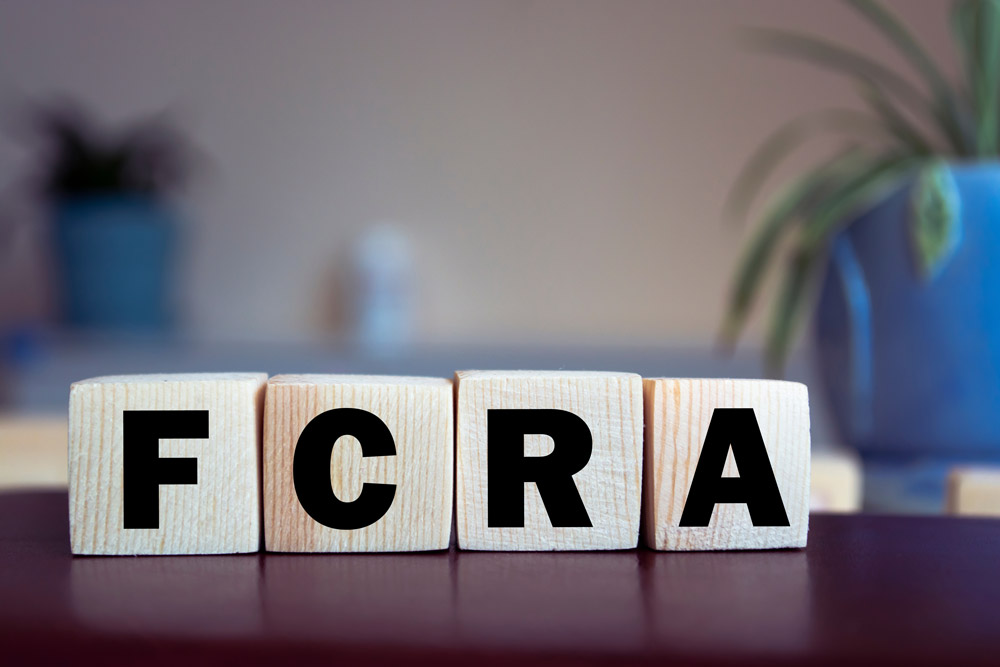The Fair Credit Reporting Act (FCRA) regulates how employers conduct background checks for employment purposes. FCRA compliance is essential to protect both the rights of applicants and the legal interests of employers. The following is an overview of key requirements and best practices for ensuring FCRA compliance when running background checks.
What is the FCRA?
The Fair Credit Reporting Act is a federal law enacted in 1970 to promote accuracy, fairness, and privacy of consumer information contained in the files of consumer reporting agencies (CRAs). While it covers a range of consumer-related issues, it’s particularly relevant for employers who use CRAs to obtain background information on potential employees.
Key Requirements for Employers
1. Disclosure and Authorization
Before conducting a background check, employers must provide a clear and conspicuous written disclosure to the applicant or employee. This disclosure must be in a stand-alone document that informs the individual a background check will be conducted for employment purposes. Additionally, employers must obtain written authorization from the individual to proceed with the background check.
2. Certification to the CRA
Employers must certify to the CRA that they have complied with the FCRA’s disclosure and authorization requirements. This certification confirms the employer has notified the applicant, obtained their permission, and will comply with all FCRA requirements, including using the information for permissible purposes only.
3. Pre-Adverse Action Procedures
If an employer intends to take adverse action based on the results of a background check (such as not hiring a candidate or terminating an employee), they must first provide the individual with a pre-adverse action notice. This notice must include a copy of the background check report and a summary of the individual’s rights under the FCRA. This step allows the individual to review the report and dispute any inaccurate or incomplete information before employment action is taken.
4. Adverse Action Procedures
After a reasonable period, typically five business days, if the employer decides to proceed with the adverse action, they must provide a final adverse action notice. This notice should include:
- The name, address, and phone number of the CRA that provided the report.
- A statement that the CRA did not make the adverse decision and cannot provide specific reasons for it.
- A notice of the individual’s right to obtain a free copy of the report within 60 days.
- A notice of the individual’s right to dispute the accuracy or completeness of the information in the report.
5. Accuracy and Disposal
Employers must ensure the accuracy of the information obtained and must securely dispose of background check reports and any other sensitive information when no longer needed.
6. Importance of Compliance
Non-compliance with the FCRA can result in significant legal and financial consequences for employers, including fines and lawsuits. Beyond legal obligations, adhering to FCRA requirements demonstrates a commitment to fair hiring practices and a respect for applicants’ rights. It also helps maintain trust and transparency between employers and potential employees.
Conclusion
FCRA compliance is at the heart of conducting legal background checks for employment. By following the key requirements, employers protect themselves from legal risks and foster a fair hiring process. Ensuring compliance not only upholds legal standards but also enhances the integrity and reputation of the organization.


